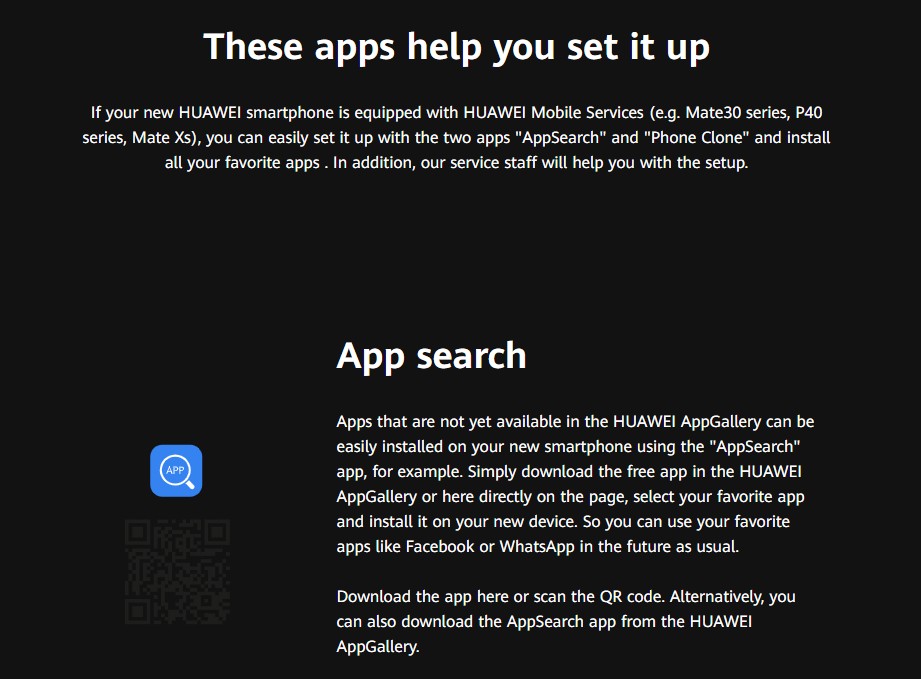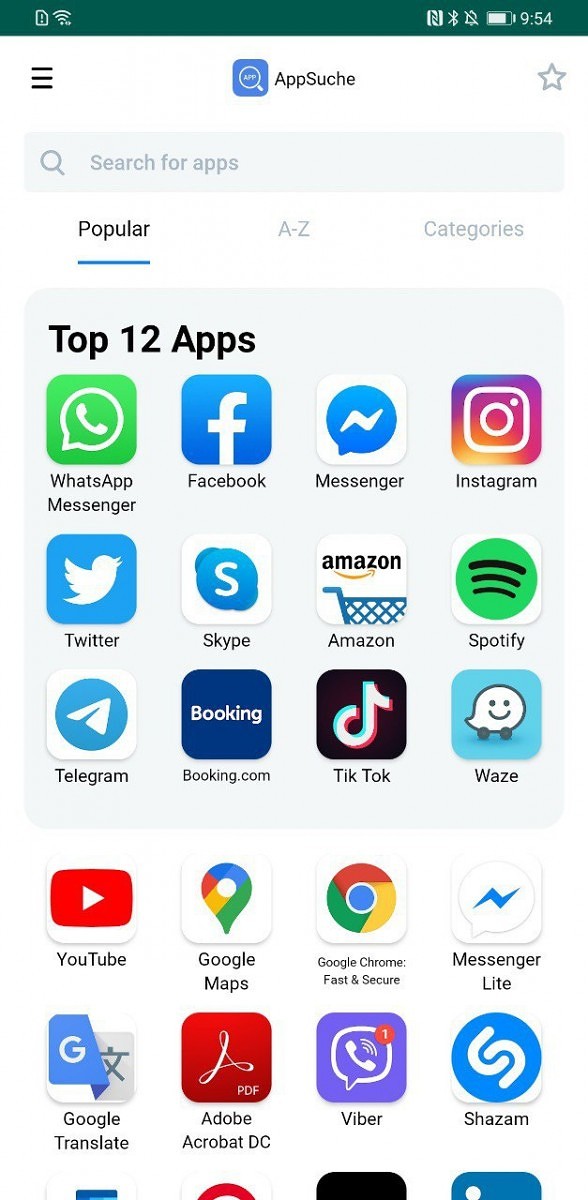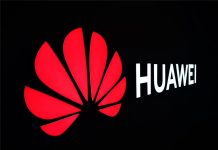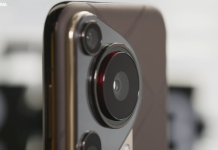Huawei, the known Chinese tech giant, is currently testing AppSearch. It is a new software the company has developed and will seek to aid users in finding popular smartphone applications without using Google’s Play Store service.
For those unaware, Huawei was hit with a trade ban by the US Commerce Department back in 2019. The company had been placed on the ‘Entity List’ and was deemed a risk to national security. Thus, Huawei was banned from buying or collaborating products or services with other US based companies. This included firms like Google, and with the search giant being barred from working with the Chinese company, Huawei lost the official Google service and Android support as well.

Since then, Huawei has launched smartphones with Android OS, but these lack the Google Mobile service and are the vanilla version. Google’s Play Store is the most popular app gallery service in Android so it would be a great obstacle for Huawei and its large user base. Thus, the company had previously announced and launched its Huawei Mobile Services (HMS) and is now looking to further expand its software portfolio through the AppSearch.
UP NEXT: Apple limits online purchases as Global iPhone supply falls amidst Coronavirus outbreak
As of right now, the AppGallery is the official app store from Huawei that lets users download applications. However, this currently lacks many popular apps and does not have the same number of apps that Google’s Play Store’s vast collection stores. This is where the AppSearch comes in, allowing users to find and download such popular APKs. Users had to initially rely on other third party apps stores like Amazon or Aptioide, but this could potentially liven up its software database.

AppSearch is currently being tested in Germany and is publically available on the official Huawei Germany website. According to the official summary, the software aims to help users find their favorite apps for Huawei smartphones with the HMS. The popular apps that can now be found include Facebook, WhatsApp and many more. It is available for the Mate 30 series, P40 series, and even the Mate Xs.
UP NEXT: Redmi K30 Pro 5G camera setup has dual OIS for 64MP camera and 3x optical zoom telephoto lens
(Via)







